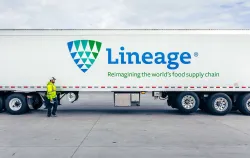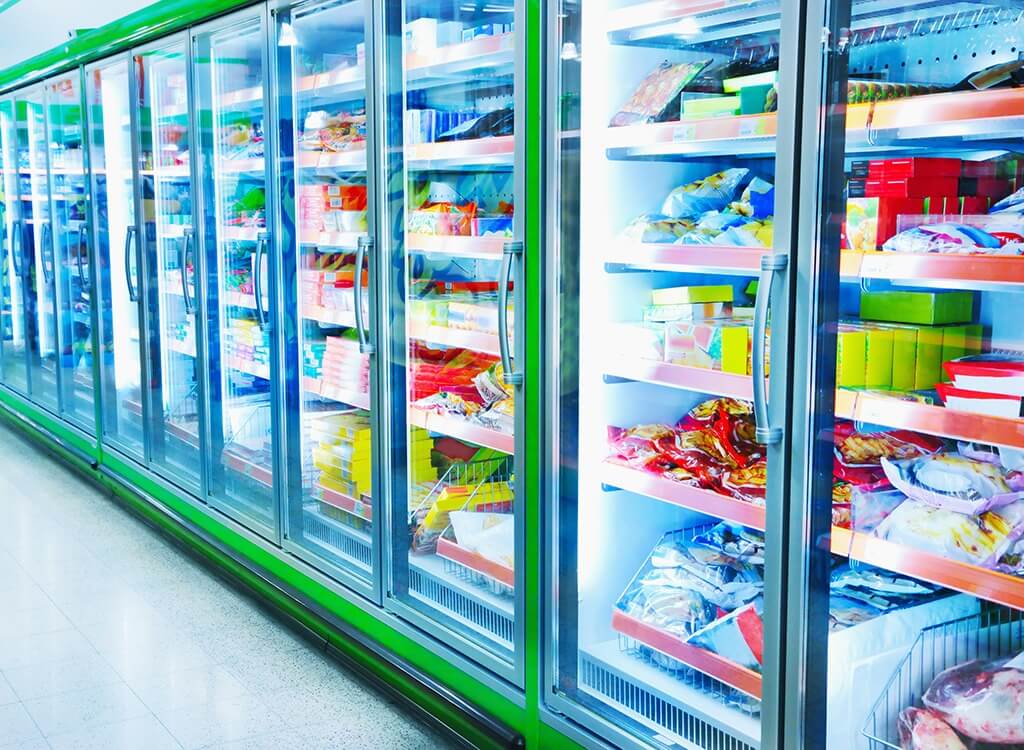Traceability Isn’t Just Compliance—It’s Confidence
How Lineage is preparing for FSMA 204 and helping our customers do the same
June 25, 2025
The Food Safety Modernization Act (FSMA) was signed into law in 2011 to shift the focus of food safety in the U.S. from reacting to contamination to actively preventing it. A recent and significant piece of that shift is Rule 204, also known as the Food Traceability Rule.
This rule establishes new requirements for how certain high-risk foods are tracked as they move through the supply chain. The goal is simple: when foodborne illness strikes, we need to know exactly where the food came from and where it went—fast.
The FDA recently announced its intent to extend the compliance deadline for the FSMA 204 to July 20, 2028, but for many in the industry—including some of the nation’s largest retailers—that deadline is already here. Some major grocery store companies have rolled out their own traceability programs that go into effect as early as mid-2025, creating a more immediate call to action for suppliers across the food chain.
Whether you're working toward the FDA deadline or meeting retailer-driven expectations, one thing is clear: the time to prepare is now. And Lineage is ready to help.
A Rule Rooted in Safety
The goal of FSMA 204 is straightforward: make it easier to trace certain foods through the supply chain so we can act faster when there’s a risk to public health. If there's an outbreak or contamination event, traceability allows for quick identification and removal of affected products—reducing harm, maintaining trust and protecting the people we all serve.
 Under the rule, companies that manufacture, process, pack or hold foods on the FDA’s Food Traceability List (FTL) must:
Under the rule, companies that manufacture, process, pack or hold foods on the FDA’s Food Traceability List (FTL) must:
- Identify Critical Tracking Events (CTEs) — such as shipping, receiving and transformation
- Capture Key Data Elements (KDEs) at each CTE, like lot codes, product descriptions, timestamps and facility locations
- Maintain traceability records in a sortable electronic format
- Provide this data quickly to the FDA in the event of a food safety investigation
FSMA requirements apply to certain higher-risk foods, including:
- Shell eggs (from domesticated chickens)
- Leafy greens like romaine lettuce and spinach
- Finfish such as salmon, tuna and tilapia
- Crustaceans including shrimp, crab and lobster
- Fresh-cut fruits and vegetables
- Soft cheeses like brie and camembert
- Tomatoes (whole and fresh-cut)
It’s more than just a recordkeeping update—it’s a shift toward real-time food safety data flowing across the supply chain.
What It Means for Our Customers
Under FSMA 204, if your business handles foods on the FDA’s list, you’ll need to provide traceability data with every shipment. That includes product identifiers, lot codes and origin details that follow the product through every facility, from farm to final destination.
At Lineage, we’re preparing our systems to help capture, store and share this data with ease. Our warehouse management systems (WMS) already collect many of the required fields—and we’re working behind the scenes to fill in the rest well before the 2028 deadline.
And we’re not just building tech. We’re building trust.
Inside Our Approach
Supporting FSMA 204 isn’t just a one-team job. At Lineage, it’s a cross-functional effort led by experts in IT, legal, food safety and operations. One team that plays a central role is our Food Safety and Food Optimization teams.
“We’re looking at FSMA not just as a rule to follow, but as a way to build better systems for our customers,” said Dr. Stephen Neel, VP of Global Food Optimization at Lineage. “The more precise our traceability, the more resilient the food chain becomes.”
From internal audits to tech enhancements, our teams are laying the groundwork now to make compliance feel seamless later.
Don’t Wait for 2028
Even though the FDA announced its intentions to extend the official deadline, many companies—especially those supplying to large retailers—are already being asked to meet FSMA-level traceability standards. That means the countdown has effectively started.
Here’s what you can do now:
- Know your products. If you handle foods on the FDA’s list, start reviewing your record keeping processes.
- Talk to your Lineage contact. We’ll help map out what data we already capture for you—and identify gaps where we can improve.
- Align your documentation. The earlier you align with these systems, the easier it will be to stay ahead of requirements, whether driven by regulators or retailers.
Partnering Toward a Safer Future
At Lineage, food safety isn’t just about ticking boxes or waiting around for regulations to go into effect. It’s about helping our customers prepare for the future—keeping food safe, keeping people safe and building systems to help us respond faster when there is an issue. FSMA 204 is one more step in that direction.
We believe food safety is a shared responsibility—and FSMA 204 is an opportunity to lead. Our job isn’t just to store your food. It’s to protect its integrity, enable its traceability and help you meet each expectation with confidence.
Let’s get ready for what’s next—together. Contact your Lineage rep today for more information.


